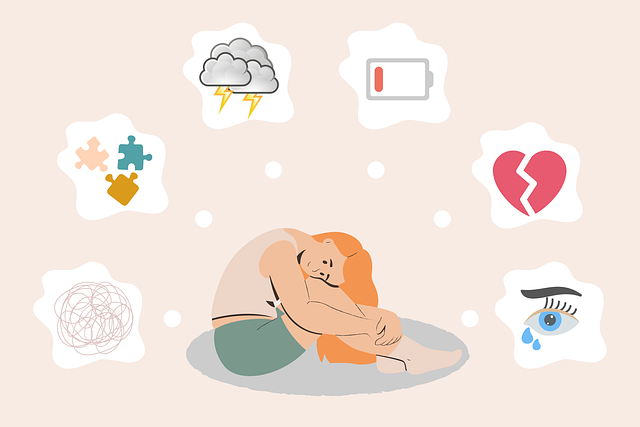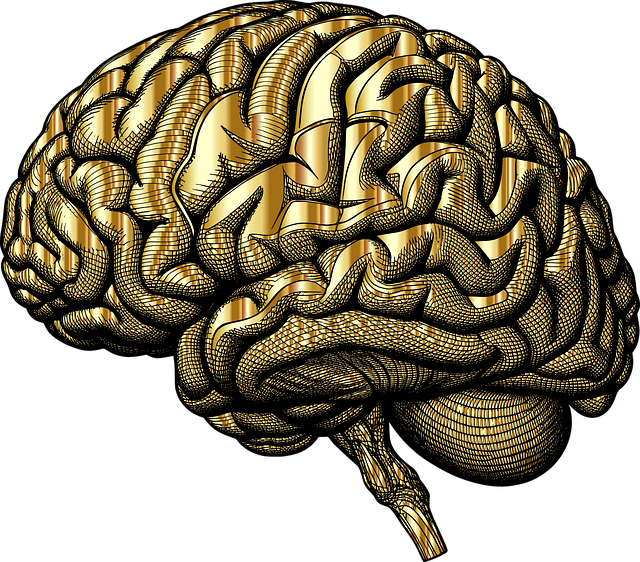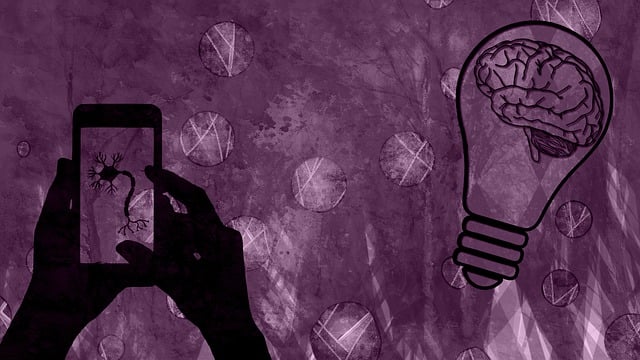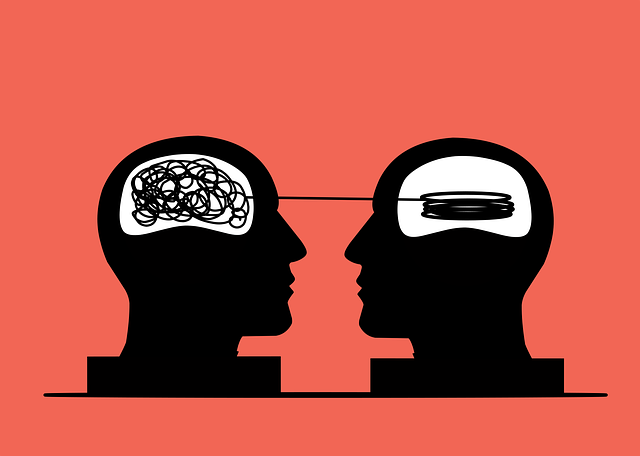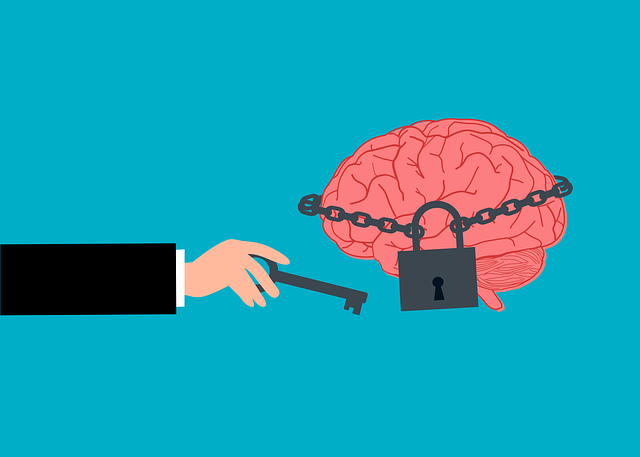Cultural sensitivity is a cornerstone of effective mental healthcare, especially in diverse communities like Aurora. It involves recognizing and respecting cultural differences in belief systems, values, and practices that impact mental health. Aurora's ADD-ADHD evaluations and therapy services prioritize this by tailoring assessments and treatments to individual backgrounds, ensuring every client feels understood and supported. Mental health professionals must continuously learn and be self-aware to navigate cultural differences, prevent burnout, and deliver inclusive, evidence-based care. This holistic approach leads to meaningful connections and positive outcomes for all clients, blending traditional healing methods with Western practices like Aurora ADD-ADHD Evaluations, while fostering an accessible and supportive environment through multilingual resources and flexible scheduling.
In the diverse landscape of mental healthcare, cultural sensitivity is paramount. This article explores the nuances of culturally sensitive practices within the context of Aurora ADD-ADHD evaluations and therapy. We delve into understanding cultural sensitivity, its challenges, and best practices to ensure effective care for all individuals. By recognizing and addressing cultural differences, mental health professionals can create inclusive environments that foster healing and support in communities across Aurora.
- Understanding Cultural Sensitivity in Mental Healthcare
- Challenges and Considerations for Aurora ADD-ADHD Evaluations and Therapy
- Best Practices for Culturally Sensitive Mental Health Care in the Community
Understanding Cultural Sensitivity in Mental Healthcare

Cultural sensitivity is a cornerstone in providing effective mental healthcare, especially when treating diverse populations. It involves recognizing and appreciating the unique cultural beliefs, values, and practices that shape individuals’ experiences with mental health and well-being. In the context of Aurora ADD-ADHD evaluations and therapy, cultural sensitivity means tailoring assessment and treatment methods to align with each client’s background. This approach ensures that individuals from various ethnic, racial, and cultural backgrounds feel understood and supported during their mental wellness journeys.
Mental healthcare professionals must engage in self-awareness exercises and continuously update their knowledge to navigate the complex landscape of cultural differences. Understanding the impact of culture on symptoms, communication styles, and coping mechanisms is crucial. A thorough risk assessment for mental health professionals also includes considering cultural competencies and biases to deliver safe, inclusive, and evidence-based care. By embracing cultural sensitivity, Aurora ADD-ADHD therapy aims to revolutionize mental wellness services, fostering meaningful connections and positive outcomes for all clients.
Challenges and Considerations for Aurora ADD-ADHD Evaluations and Therapy

When providing Aurora ADD-ADHD Evaluations and Therapy, cultural sensitivity is paramount. In a diverse society, mental health professionals must be equipped to understand and navigate the unique challenges faced by individuals from various ethnic, racial, and cultural backgrounds. This includes recognizing and addressing systemic barriers that may impact access to care, such as cultural mistrust due to historical trauma or language differences.
The process of evaluation and therapy itself requires a nuanced approach. Traditional assessment tools may not always account for cultural variations in presentation and expression of symptoms. Professionals must be trained in culturally responsive practices, incorporating the patient’s cultural context into treatment plans. Additionally, promoting inner strength development through mental health education programs designed with diversity in mind can mitigate burnout prevention among healthcare providers while fostering more inclusive care.
Best Practices for Culturally Sensitive Mental Health Care in the Community

In providing culturally sensitive mental healthcare, community practices should prioritize understanding and respecting diverse cultural beliefs and values. This involves training staff to be more aware of unconscious biases and incorporating culturally relevant resources and approaches. For instance, offering Aurora ADD-ADHD Evaluations and therapy that consider traditional healing methods alongside Western practices can significantly enhance patient care. Tailoring treatments to include mental wellness journaling exercises, positive thinking techniques, and self-awareness exercises that resonate with the individual’s cultural background fosters a deeper connection and improved therapeutic outcomes.
Additionally, creating an inclusive environment where patients feel comfortable sharing their cultural identities is paramount. This might involve ensuring multilingual resources, incorporating diverse art and literature in waiting areas, and even offering services on weekends or evenings to accommodate various work and family structures. By implementing these best practices, mental health care providers can better serve a wide range of communities, promoting positive self-awareness exercises and enhancing the overall well-being of all individuals.
Cultural sensitivity is an indispensable aspect of mental healthcare, especially in diverse communities like Aurora. As highlighted in this article, understanding cultural nuances, such as those related to Aurora ADD-ADHD evaluations and therapy, is crucial for effective treatment. By recognizing the challenges and adopting best practices, mental health professionals can provide culturally sensitive care, fostering trust and improving outcomes for all individuals, regardless of their background. This approach ensures that everyone receives personalized support, ultimately enhancing the overall well-being of our diverse communities.
